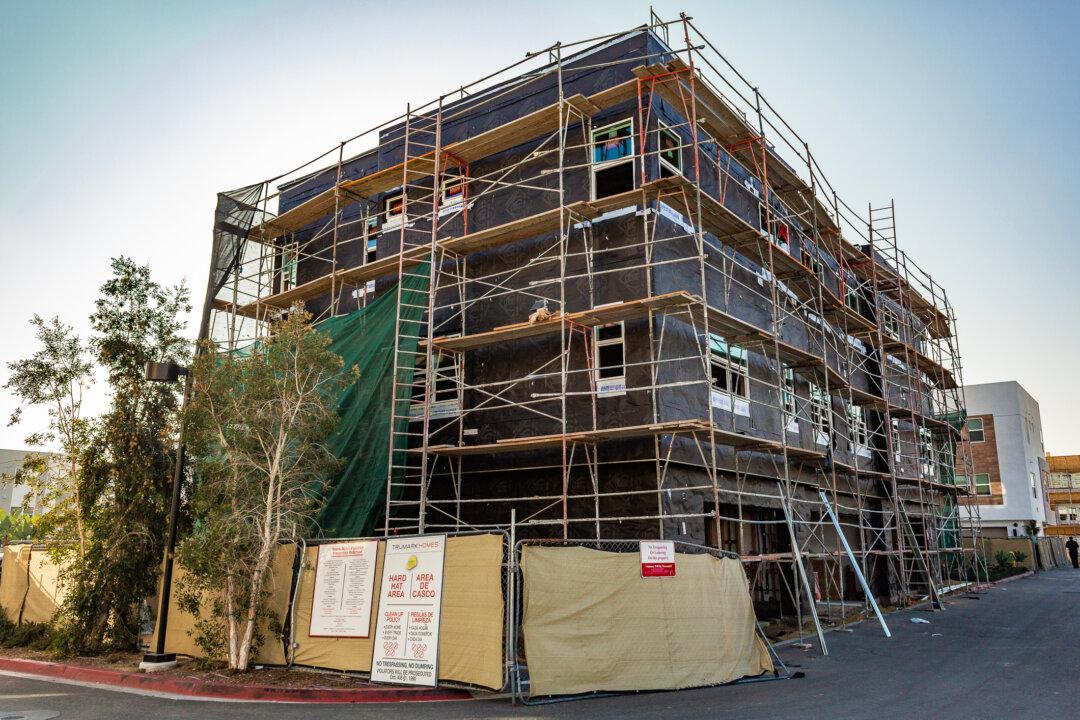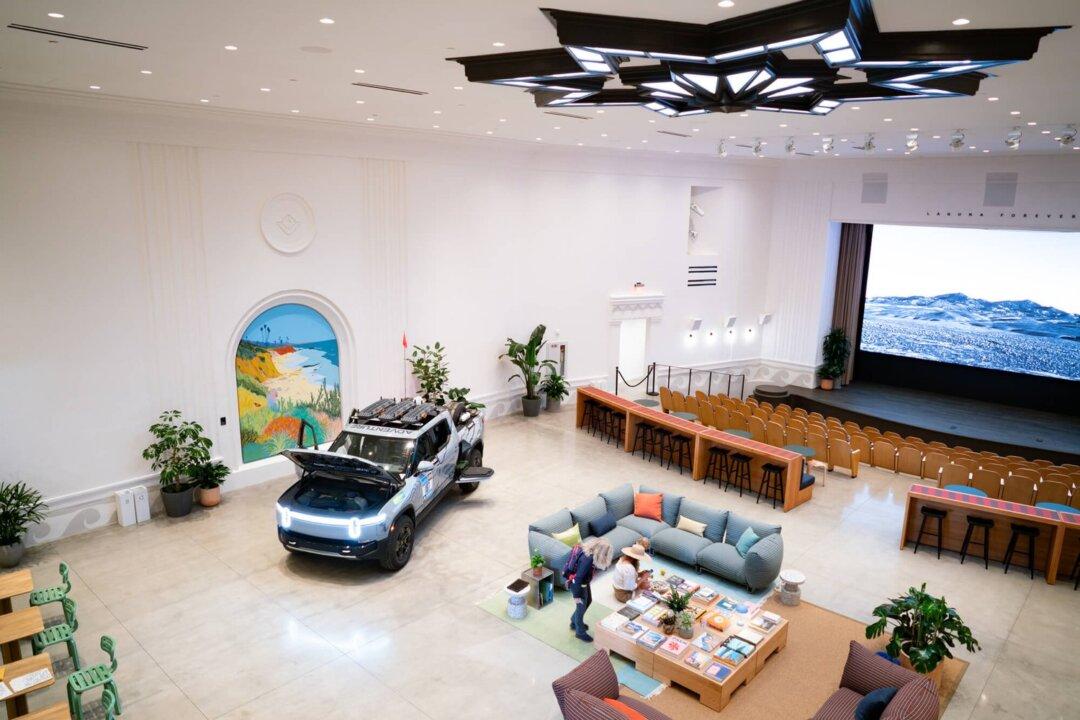NEWPORT BEACH, Calif.—Newport Beach City Council recently approved a temporary discontinuation of permit fees for accessory dwelling units (ADU) in an effort to meet the state’s housing requirement.
The state has directed Newport Beach to create 4,845 new housing units during the next eight years under Regional Housing Needs Allocation requirements.





